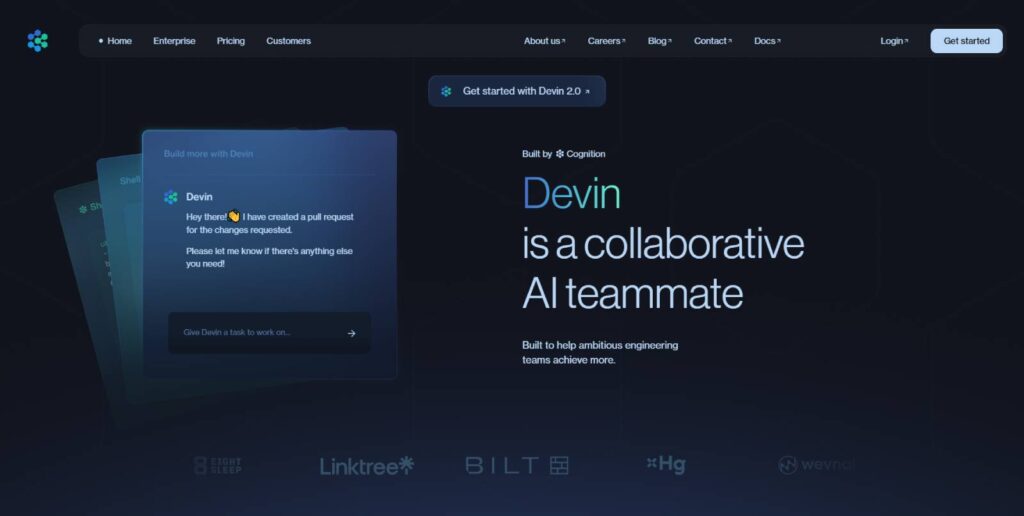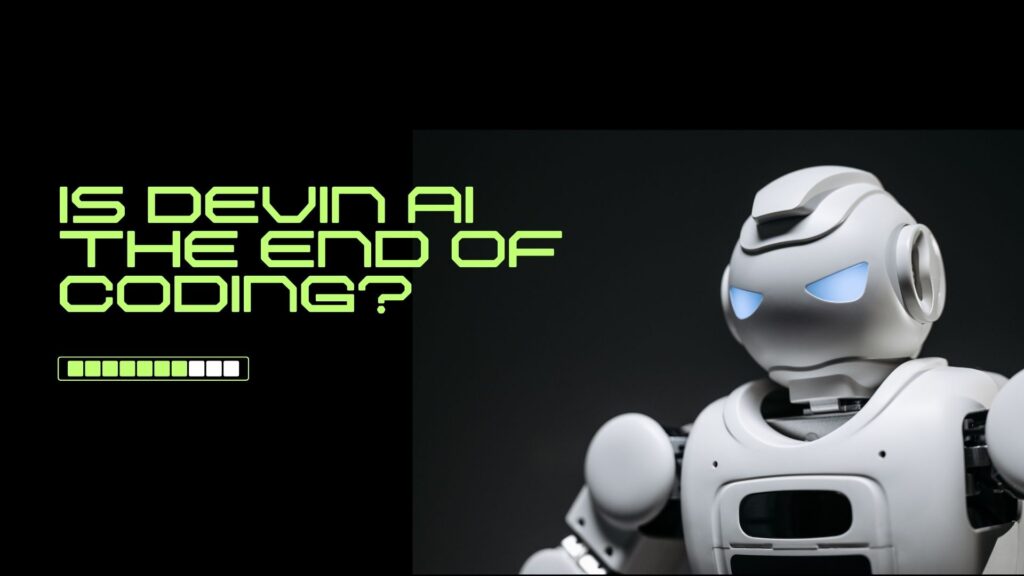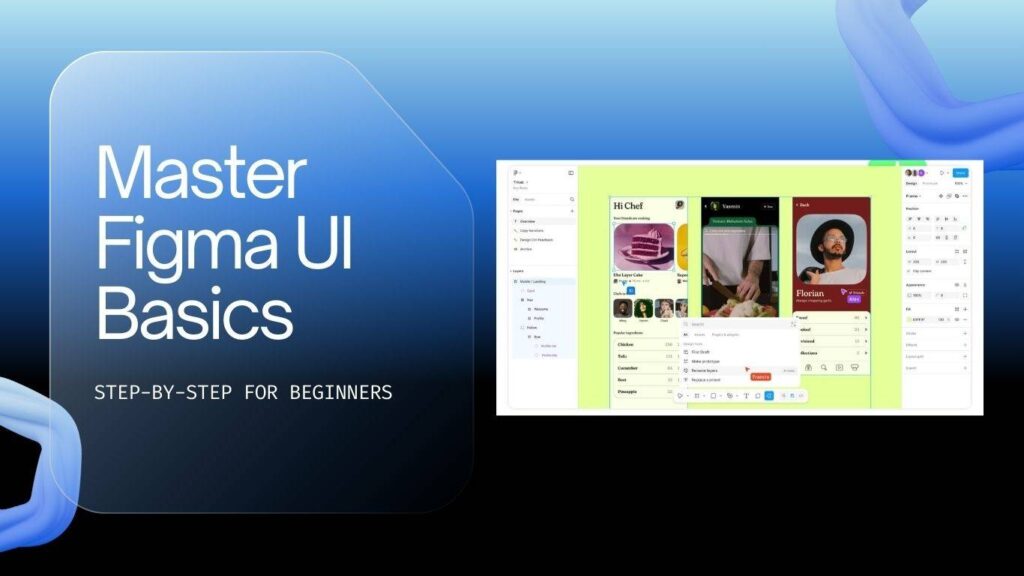In the ever-evolving world of software development, new technologies often spark excitement—and sometimes fear. Recently, Devin AI has taken the tech community by storm, touting itself as the world’s first AI software engineer. The buzz is loud, the demos are polished, and many developers are asking: will Devin AI replace human coders? Should we be worried about our jobs? Or is this just another overhyped tech trend?
Let’s unpack the reality behind Devin AI, explore its potential impact on software engineering jobs, and most importantly, discuss how you can stay ahead in a world where AI tools are becoming more powerful. This article distills key insights and practical advice, so whether you’re a seasoned developer or just starting out, you’ll understand what Devin AI really means for your career.
Will Devin AI Succeed?
Startups in the AI space often face a tough road. Despite enormous funding and investor enthusiasm, many fail to deliver on their promises. Devin AI is no exception. While the early demos look impressive, they’re still behind closed doors, and real-world software engineering is far messier than a slick presentation.
Building software involves dealing with legacy systems, undocumented quirks, countless integrations, and complex business logic. AI struggles with these nuances because it lacks the human intelligence and wisdom needed to navigate such complexity. So, while Devin AI might excel at generating simple code snippets or answering programming questions, the question remains: can it handle the messy, real-world projects that power hospitals, airlines, or financial institutions?
History offers cautionary tales. Remember the no-code and low-code platforms that promised to democratize software creation? Despite the hype, they often overpromised and underdelivered, failing to build serious, mission-critical systems. The same skepticism applies here. Until Devin AI proves it can tackle complex enterprise projects reliably, we need to keep expectations grounded.
Debunking the Myth: “Nobody Will Need to Code Anymore”
One of the boldest claims made around Devin AI is that programming will become obsolete—that everyone will be a programmer because the programming language will become human language. This sounds revolutionary, but it’s fundamentally flawed.
“Saying no one will need to code and everyone is suddenly a programmer is as ridiculous as claiming with AI everyone is instantly a doctor or a lawyer.”
Software engineering, like medicine or law, requires years of specialized training, deep problem-solving skills, and domain expertise. Sure, you might be able to whip up a simple to-do list app by describing what you want in natural language. But building the software that runs critical infrastructure—such as hospitals, airlines, or cars—is a completely different ballgame.
Why do some make these exaggerated claims? Often, it’s because the companies behind these AI tools have a vested interest in hyping their technology to boost stock prices or attract funding. For example, Nvidia’s CEO has made sweeping statements about AI replacing programmers, but he isn’t a software engineer himself and may not fully grasp the complexities involved.

Will Software Jobs Disappear?
Even if Devin AI or similar technologies evolve to handle a majority of coding tasks, software engineering jobs won’t simply vanish overnight. Adoption of new technologies, especially in large enterprises with legacy systems, takes years—sometimes decades.
Think about how long it took companies to fully migrate to the cloud. It wasn’t immediate, and many organizations still run critical systems on-premises. Similarly, industries like government and healthcare have strict security policies that may outright block AI tools due to data privacy and compliance concerns.
Some systems are so complex and over-engineered that they require highly specialized engineers to maintain them. For instance, many banking systems still run on COBOL, a language created decades ago. AI might assist in maintenance, but the deep expertise of human engineers remains indispensable.
How to Stay Relevant as a Software Engineer
The one constant in technology is change. As new tools and languages emerge, the best engineers adapt by focusing on fundamentals. I remember when FoxPro was all the rage; now, many people have never even heard of it. Yet those who understood core concepts like data storage and querying could easily transition to SQL Server, Oracle, or other platforms.
AI will likely change how we code. Instead of writing every line manually, we might spend more time crafting effective prompts and refining AI-generated code. But the foundational skills—understanding how code works, how data flows, and how to solve real-world problems—will always be essential.
Think of software engineering like building a house. You might start with a hammer and nails, then move on to power drills, and later use advanced 3D modeling software. The tools change, but the blueprints, understanding of structure, and problem-solving remain critical. AI is just another tool in this evolution.
How AI Changes Your Job as a Developer
AI won’t erase the need for software engineers; it will augment their capabilities. Tasks that are repetitive or mundane might be automated, freeing engineers to focus on higher-level design, architectural decisions, and creative problem-solving.
Moreover, faster development cycles enabled by AI can lead to more frequent releases, meaning more work to do, not less. Companies are constantly competing by adding new features and improving user experiences. The demand for innovation will continue to drive the need for skilled engineers.
Additionally, AI can help tackle the technical debt that plagues many projects—bug fixes, performance improvements, and refactoring messy code. This means better software, delivered faster, which ultimately translates to more opportunities for engineers.
Can One AI-Powered Supercoder Replace Multiple Engineers?
Some fear that a single developer armed with AI will replace entire teams. But speed alone doesn’t reduce the number of problems needing solutions. The appetite for innovation is insatiable, with users constantly demanding better, faster, and more feature-rich apps.
Even if AI helps one engineer work faster, the overall volume of work and complexity of projects will continue to grow. This creates new roles and opportunities rather than shrinking the workforce.
Why Software Engineers Are Not Going Away Anytime Soon
Software is literally eating the world. From healthcare to finance, entertainment to transportation, everything runs on code. As technology becomes more embedded in our lives, the demand for skilled people to create, maintain, and improve software only increases.
Whether you’re writing every line yourself or collaborating with AI tools, the need for human insight, creativity, and expertise remains paramount. AI is a powerful assistant, not a replacement.
If You Love Coding, Don’t Quit
Despite all the hype and fearmongering, if software development excites you, keep going. The field offers awesome salaries, flexible schedules, and the freedom to work from anywhere. Don’t let sensational headlines scare you away.
Some people might be scared of AI and opt out, which could reduce competition for those who continue to sharpen their skills. Your passion and dedication will be your greatest assets in navigating this new landscape.
What to Do to Build Your Software Career Along with AI
Here’s a practical roadmap to thrive in the age of AI-assisted coding:
- Master the fundamentals: Focus on core programming concepts, data structures, algorithms, and system design.
- Stay curious and keep learning: Technology evolves rapidly. Stay updated on new languages, frameworks, and tools.
- Explore AI tools: Learn how to use AI-powered coding assistants effectively to boost your productivity.
- Develop problem-solving skills: Understand real-world problems deeply and think critically about software architecture.
- Collaborate and communicate: Coding is rarely a solo activity. Strong teamwork and communication skills are essential.
- Build a portfolio: Create projects that showcase your skills and your ability to integrate AI tools where appropriate.
By embracing AI as a tool rather than a threat, you position yourself to be an indispensable part of the future of software engineering.
Frequently Asked Questions (FAQ)
Is Devin AI really going to replace software engineers?
No, Devin AI and similar tools are unlikely to replace software engineers entirely. While AI can automate certain coding tasks, complex software development requires human creativity, problem-solving, and domain expertise.
Will AI make coding skills obsolete?
Not at all. Coding skills remain fundamental. AI may change how we write code, but understanding programming principles, data flow, and system design will always be essential.
How can I prepare for AI in software development?
Focus on mastering core programming concepts, stay curious, learn to use AI tools effectively, and keep building real-world projects to deepen your problem-solving skills.
Are there industries where AI coding tools won’t be adopted quickly?
Yes, sectors like government and healthcare often have strict security policies and may restrict the use of online AI tools due to data privacy concerns, slowing adoption.
Does AI speed up software development?
Yes, AI can automate repetitive tasks and help generate code faster, enabling more frequent releases and allowing engineers to focus on complex problems.
Should I be worried about job security as a software engineer?
While AI changes the landscape, skilled software engineers who continuously learn and adapt will remain in high demand. Don’t fall for fearmongering headlines; focus on growth and learning.
What’s the biggest misconception about AI in software engineering?
The biggest misconception is that AI will eliminate the need for human engineers entirely. In reality, AI is a tool that complements human skills rather than replaces them.
Conclusion
Devin AI is an exciting development in the AI space, but it’s important to separate hype from reality. Real-world software engineering is complex, nuanced, and requires human intelligence that AI cannot fully replicate—at least not yet.
Software engineering jobs won’t disappear overnight. Instead, AI will transform how we work, automating repetitive tasks and opening new opportunities for innovation. By focusing on fundamentals, staying curious, and embracing AI as a tool, you can future-proof your career and thrive in this evolving landscape.
Remember, coding is not just about writing lines of code; it’s about solving problems, designing systems, and creating value. That’s a uniquely human skill that will continue to be in demand no matter how advanced AI becomes.
If you’re passionate about building software, keep learning, keep coding, and don’t let fear hold you back. The future is bright for those who adapt and grow.




